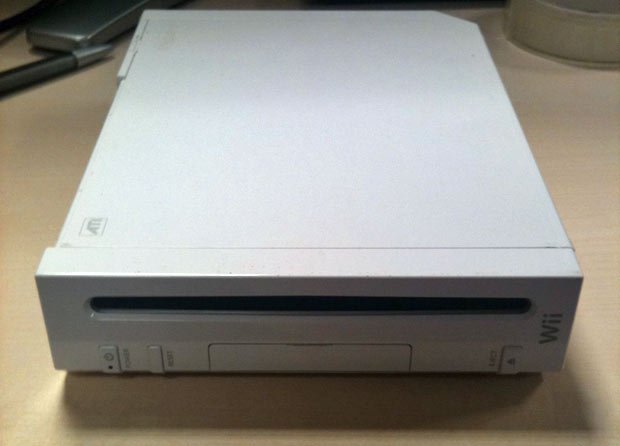Game jobs you may already qualify for
Five new, non-tech careers that could get you involved – and paid – in the industry you love
What you thinkthe job is: Crunching entire hard drives of numbers then showing your discoveries in a graph which you use to determine whether someone should buy a share in a thing?
What it really is: Developing an extensive knowledge of the games industry until you resemble a digital Nostradamus, then working closely with games companies who want to pick your massive electric brain to help guide their wallets.
Who already has the job: Ed Barton

Barton is avideogame specialist of media analyst firm Screen Digest. His site: www.screendigest.com
Describe your average day.
Barton: "Check RSS and Twitter for news, then email for client contact or any new market data. Update models with anything new. Discuss the day’s work with my colleagues in the games team. Usually I’ll have a longer ongoing project involving spreadsheet modelling and I’d expect to spend most of my day working on this or on a report I might be writing. I deal with client and press queries as they appear. Regularly we meet clients and operators for a variety of reasons. Attending trade shows and launches is also important to stay close to industry developments."
How did you get into your current position as a games analyst?
Weekly digests, tales from the communities you love, and more
"I covered online gambling and moved into games because I was interested in it and because the games team needed someone. I worked for a gambling operator (Sporting Index) before joining Screen Digest."
How much of what you do is knowledge, and how much is talent?
"You need both without a doubt. Knowledge comes with time and can be taught. Honing an analyst’s instinct is perhaps harder to train. An analyst’s job is to see the world in interesting and not necessarily obvious ways and to communicate this effectively, all the while backed up with credible data and methodology. Anyone can do the spreadsheets and say 'this territory will spend x percent more this year' but spotting key trends... is more challenging."

Above: Some analysts have predicted we’ll see a Wii HD soon. Think they’re right?
The rise of the games analyst in the industry seems to have occurred fairly quickly. Does the industry still have a way to go when it comes to common business practices?
"Games analysts have always been around, it’s just that the last few years has seen an explosion in the breadth and depth of coverage on the sector, driven largely by a vibrant online sector.
"There is way more demand for comment on games in general than even a few years ago. It is incredible that monthly sales reports from NPD in the US or Media Create in Japan are dissected in online forums and I can’t think of other industries where so many consumers engage on such a deep level.
"Regarding common business practices, I think all major operators are more than proficient in this respect otherwise they would not have survived. It is a very competitive industry and a lot of publishers are only a couple of high profile flops away from serious difficulty. In such an environment there is little room for any lack of professionalism or best practise."
Is there a lot of room for an analyst to screw up spectacularly? Making a bum prediction, for example?
"We are not unlike a sports bookmaker: we have to have a position on every single metric in every market we cover and every now and again we might be a little off in our forecasting. The bookie might get picked off by a few shrewd punters, we might have a debate about a number with a client. Being wrong per se is not a problem unless it happens too frequently, but being wrong and being unable to justify why you got there is a problem."
Any tips for people who like the sound of being a games industry analyst for a living?
"Get to know and keep an eye on the games market, track a few markets in a spreadsheet and start forming your own opinions on what’s going on. This is what you will be asked about in an interview with an analyst house. Read articles in Gamasutra and other business-oriented outlets on company results and market data such as NPD in the US or Media Create in Japan. Keep an eye on press releases by research firms on the games industry, think about what influential people in the industry are talking about and why."


